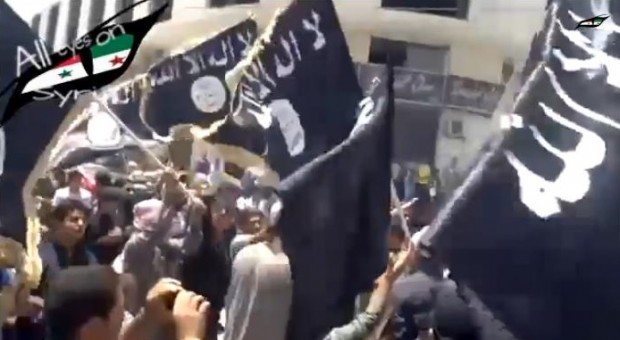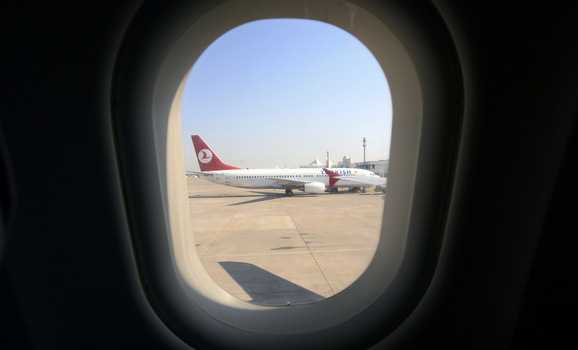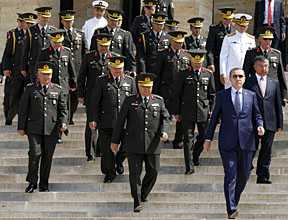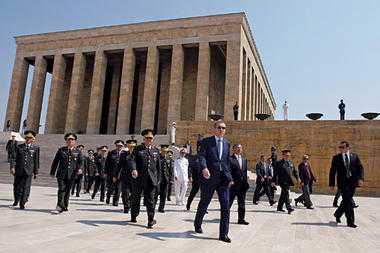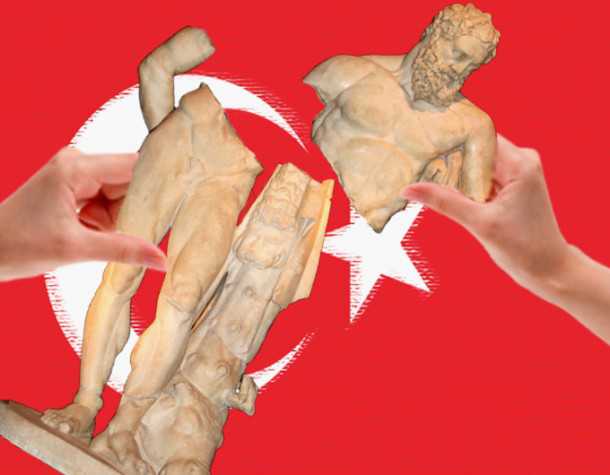ANKARA – Hürriyet Daily News Ümit Enginsoy
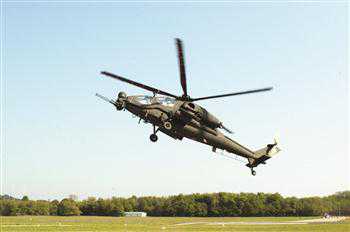
Turkey plans to boosts fight against the outlawed Kurdistan Workers’ Party by acquiring several items of weapons and vehicles worth billions of US dollars.
AgustaWestland will deliver its first T-129 attack helicopter, a joint project with Turkish Aerospace Industries, by the end of this year, an official says.
AgustaWestland will deliver its first T-129 attack helicopter, a joint project with Turkish Aerospace Industries, by the end of this year, an official says.
Ümit Enginsoy Ümit Enginsoy uenginsoy@aol.com
The Turkish military is slated to acquire several weapons systems to use against terrorists from the outlawed Kurdistan Workers’ Party (PKK) this year, one senior procurement official said last week.
Italy’s AgustaWestland and Turkish Aerospace Industries (TAI) have been collaborating on building the T-129 attack helicopter, a Turkish version of the company’s A129 Mangusta International.
AgustaWestland is scheduled to deliver the first nine of a planned 59 helicopters to the military toward the end of 2012.
Turkish authorities then will assemble the required weapons systems on the platforms, and the nine helicopter gunships are expected to enter service in 2013, the official said.
Separately, the United States is expected to deliver three AH-1W Super Cobra attack helicopters early this year. The U.S. Congress approved the sale of these three choppers, worth $125 million, toward the end of 2012.
Additionally, TAI, Turkey’s state-owned aerospace powerhouse, is scheduled to deliver to the military three Anka Medium Altitude Long Endurance (MALE) unmanned aerial vehicles in 2012, to be used for reconnaissance purposes, the official said.
Turkey is already operating nine Israeli-made Heron MALE drones against the PKK. The United States has also deployed another four RQ-1 Predator MALE drones at Turkey’s southern İncirlik airbase to fly over PKK camps in northern Iraq and provide the Turkish military intelligence.
Additionally Turkey has requested to buy four RQ-1 Predator reconnaissance drones and two armed MQ-1 Reapers, but the U.S. has not responded to the request.
In addition to its MALE drone capabilities, the Turkish military operates scores of smaller drones.
Unmanned vehicles
TAI’s efforts to develop and produce the Anka have seen a delay of several years. “Attack helicopters and unmanned aerial vehicles are among the most effective weapons against terrorists, and we will have an abundance of these weapons soon,” said one security official.
The PKK this year intensified terrorist attacks against Turkish military and civilian targets, causing a public outrage.
Separately, the U.S. Boeing is expected to deliver the first of a planned four spy planes to the Turkish Air Force in 2012. The program to manufacture the four Airborne Early Warning & Control (AEW&C) aircraft is worth more than $1.6 billion and is behind schedule a few years.
The Defense Industry Executive Committee, Turkey’s highest procurement agency, is also expected to select a foreign company in Turkey’s $4 billion long range air and missile defense system program. Among the candidates competing to build an air and missile defense system with Turkish partners are U.S. companies Raytheon and Lockheed Martin, with their Patriot Air and Missile Defense System; Russian Rosoboronexport’s S-300; Chinese CPMIEC’s (China Precision Machinery Export-Import Corp.) HQ-9; and European Eurosam’s SAMP/T Aster 30.
The Defense Industry Executive Committee’s members include Prime Minister Recep Tayyip Erdoğan, Defense Minister İsmet Yılmaz, Chief of the Turkish General Staff Gen. Necdet Özel and Procurement Chief Murad Bayar.
Finally, the committee would select a national commercial shipyard which will manufacture the third through the eighth of the Milgem national corvettes. The first two corvettes were built at a military shipyard. The first corvette, the TCG Heybeliada, already has entered service in the Navy, and the second, the TCG Büyükada, has been put to sea for tests.
January/02/2012
via ECONOMICS – Turkey awaits key anti-PKK weapons.

